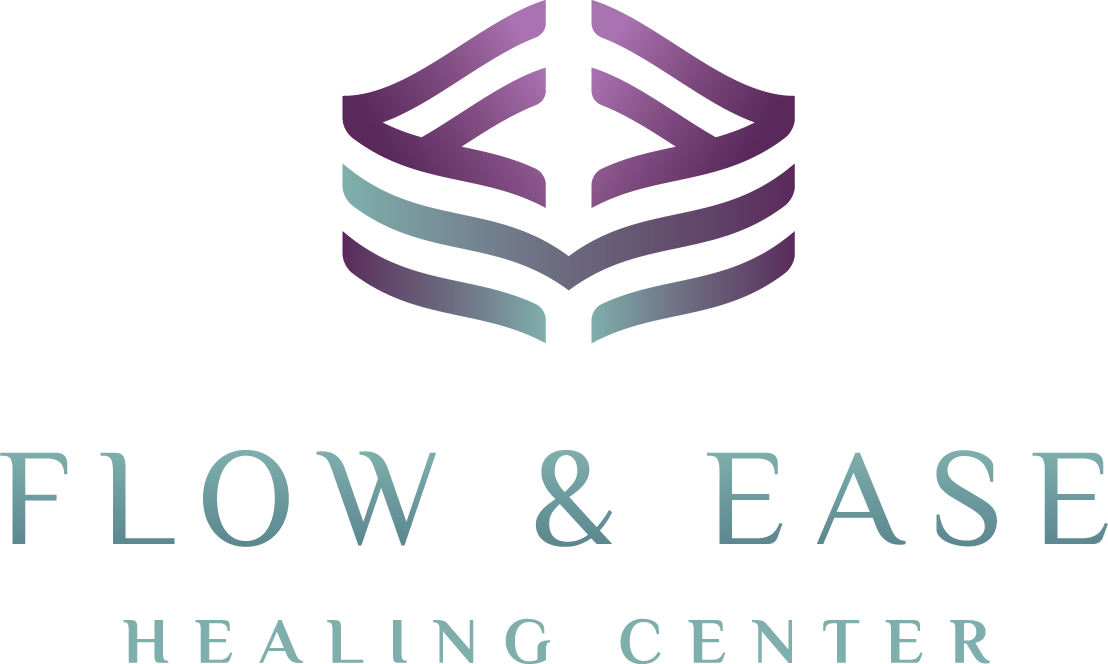Losing attraction for someone doesn’t always mean the relationship is over. Many people aren’t aware of how desire can wax and wane. But attraction is complex.
Understanding the underlying reasons and consciously addressing them can help reignite and revive the connection between partners.
Is it Normal to Lose Attraction to Someone?
In short, yes. You can be in love but not sexually attracted to your partner. Long-term partnerships are complicated. Over time, it’s common for people to feel less attracted to their partner. However, this can often lead to confusion, guilt, and frustration. People are left fearful that this will be their norm forever.
Take Action If You’re Losing Attraction
If you start to feel less interested in your partner, don’t ignore it. Otherwise, you may find yourself turning away from the relationship or looking for a connection with someone else. Avoiding the problem usually makes things worse.
“My Partner Loves Me but Not Sexually. Why?”
When we first fall in love with someone, we can’t get enough of them. Nevertheless, it can be hard to keep that feeling. Over time, a person can lose interest for many reasons.
Changes in appearance or health can cause a partner to become less attracted. Emotional problems, like trouble communicating, personality changes, or unresolved conflicts, can weaken the bond.
Big life changes like becoming a parent or losing employment can also negatively impact a couple.
Finding out you’re not sexually compatible can also upset the delicate balance of desire.
In short, stress, change, routine, unresolved conflict, and how much we value physical appearances can all impact attraction.
Physical Changes
Health Problems: When a partner becomes a caregiver they may struggle to stay attracted. Eventually, the energy and effort required may block their sexual desire.
Becoming Parents: It’s common for partners to de-eroticize one another when they become parents. The demands of raising children, the physical and emotional toll of pregnancy and childbirth, and the change in priorities can all lead to less sexual attraction.
Sexual incompatibility: Tension can result when partners have mismatched sexual desires, different interests or fantasies. It’s difficult to stay connected when you can’t communicate about sex. Partners who are shamed for their sexual desires may also close themselves off.
Emotional Changes
Ongoing conflict: Unresolved problems and frequent arguments create a hostile environment that kills desire and intimacy.
Infidelity: Trust can be lost if cheating is discovered or suspected. If it isn’t dealt with, the person who was betrayed may find themselves losing sexual interest.
Emotional Distance: For many, being emotionally detached or disconnected results in lowered libido. This is because emotional intimacy is what fuels their desire.
How to Become Sexually Attracted To Someone Again
Things can change if you’re having trouble feeling attracted to your partner. What you’re experiencing may be temporary. Be intentional about the following, no matter how long you’ve felt this way.
Honest and Compassionate Communication
When a relationship has lost its spark, it’s essential to talk to your partner about it honestly and caringly. It allows for honesty about your feelings, understanding your partner, and collaboration about solutions. With time, you can renew and deepen the attraction.
Make it Emotionally Safe to Discuss
Creating a safe and non-blaming space is a must. When partners blame and shame each other, solving the problem is more challenging. Each person must practice active listening and show empathy.
Seeking Professional Support
Partners should consider getting help from a therapist when they are stuck and can’t figure out how to solve the problem. A therapist can help you figure out how to deal with the complicated parts of your relationship, promote healing. They can help you build a more satisfying partnership.
The therapist will provide a neutral and supportive space to address the issues effectively. They provide a way for both parties to be heard. Therapists help identify underlying issues to increase self-awareness. Ultimately, they offer tools and strategies to overcome the challenges.
Deciding Between Individual or Couples Therapy
As a family systems-trained couples/relationship therapist, I frequently advise clients to address relationship problems in couples therapy. But choosing between individual therapy and couples therapy is a personal decision. Consider the different benefits when deciding.
Individual therapy can be helpful if the person wants to examine their feelings, emotions, and personal history. Often, they will find that these factors contribute to the loss of attraction. It can help you gain clarity, become more self-aware, and deal with any underlying personal issues.
On the other hand, couples therapy focuses on how partners interact. A couples therapist can evaluate how the relationship dynamics contribute to the issue. Most of all, it provides a space for working collaboratively toward a solution.
Ultimately, the decision should be based on each person’s situation, willingness to go to therapy, and how much the loss of attraction affects the relationship.
Saving Your Relationship
If a loss of attraction has affected your relationship, you may feel there is no hope. We’re misled into thinking you either have it or you don’t. The truth is that there are a lot of layers and complexities involved in attraction. It goes through cycles of highs and lows. You can work toward healing the underlying issues if you go into it with intention, compassion, and an open mind. Stay encouraged. Then take steps towards reigniting the spark.
Start Individual or Couples Therapy with the Flow & Ease Healing Center in Houston, Texas
Eliza Boquin, MA, LMFT, is a licensed psychotherapist, relationship therapist, and sex therapist. She specializes in helping people have healthier, mutually-satisfying relationships. She is a Houston-based therapist offering a safe space where Black and Latinx couples and individuals can get the therapeutic support they need.
Getting started is easy. Begin today by scheduling your complimentary 15-minute phone consultation. Then, book your first appointment for an individual session | a couples session | or a sex therapy session. Then get ready to transform your relationship!


Recent Comments